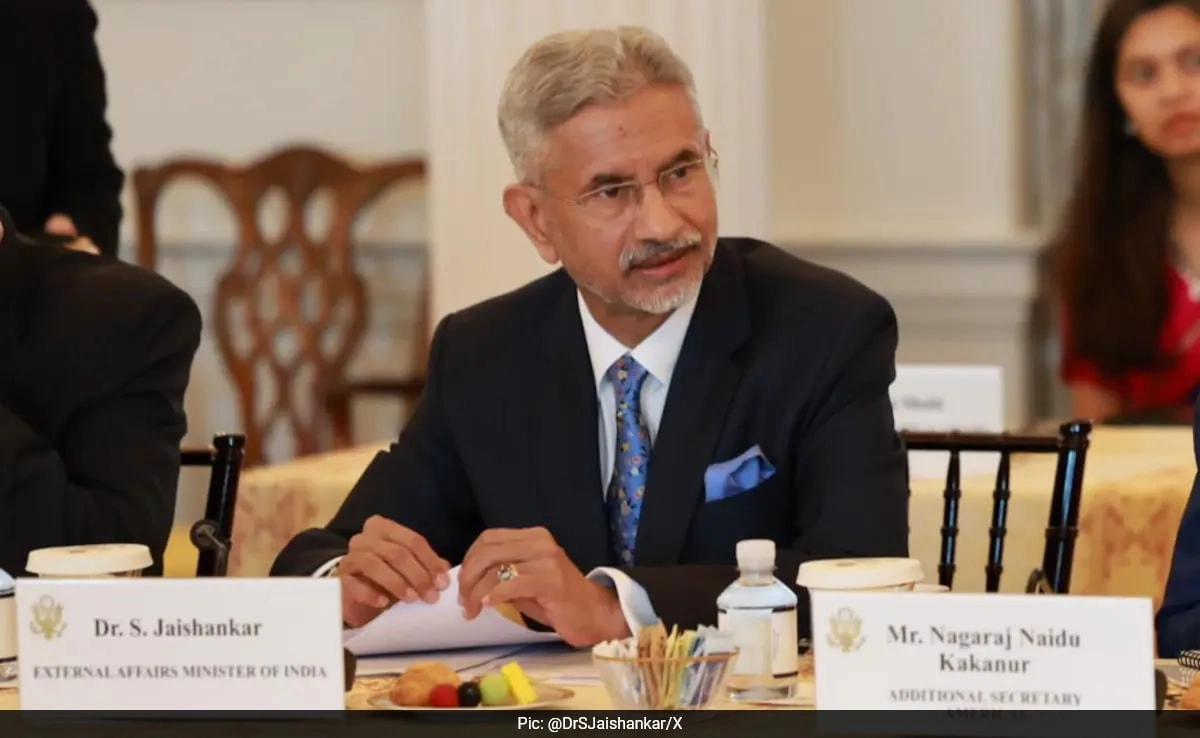At a recent Quad meeting, Indian External Affairs Minister S. Jaishankar emphasized India’s legitimate right to defend itself against terrorism. His remarks came amidst rising concerns over the increasing threats posed by terrorist organizations in the region, underscoring the urgency for collaborative international efforts to combat this pervasive issue. Jaishankar highlighted that terrorism not only undermines national security but also threatens global peace and stability. He reiterated India’s commitment to fighting terrorism in all its forms, stressing the need for a unified approach among Quad nations—India, the United States, Japan, and Australia.
Jaishankar’s statements reflect India’s long-standing position on terrorism, which has been a critical issue for the country for decades. The minister pointed out that effective counter-terrorism measures require not just military responses but also diplomatic engagements and intelligence sharing among nations. In this context, he called for a comprehensive strategy that addresses both the symptoms and root causes of terrorism. By fostering cooperation among Quad members, Jaishankar argued, countries can strengthen their collective security and create a more robust framework for addressing the challenges posed by extremist groups.
Furthermore, the Quad meeting served as a platform for discussing broader security issues beyond terrorism, including economic cooperation and regional stability in the Indo-Pacific. Jaishankar’s emphasis on India’s right to defend itself resonates with the broader narrative of sovereign nations standing united against common threats. The fight against terrorism is not merely an isolated struggle but part of a larger global initiative to create a safer world. By aligning efforts and resources, the Quad countries can enhance their capabilities to respond to emerging threats, ensuring a coordinated and effective approach to security challenges in the region.
In conclusion, Jaishankar’s remarks at the Quad meeting underscore the importance of solidarity among nations in the face of terrorism. As countries grapple with the complexities of security in an increasingly interconnected world, the need for collaboration becomes ever more critical. India’s stance on self-defense against terrorism is not just a national imperative but a call to action for the international community to unite against this shared threat, fostering a safer and more peaceful world for future generations.




